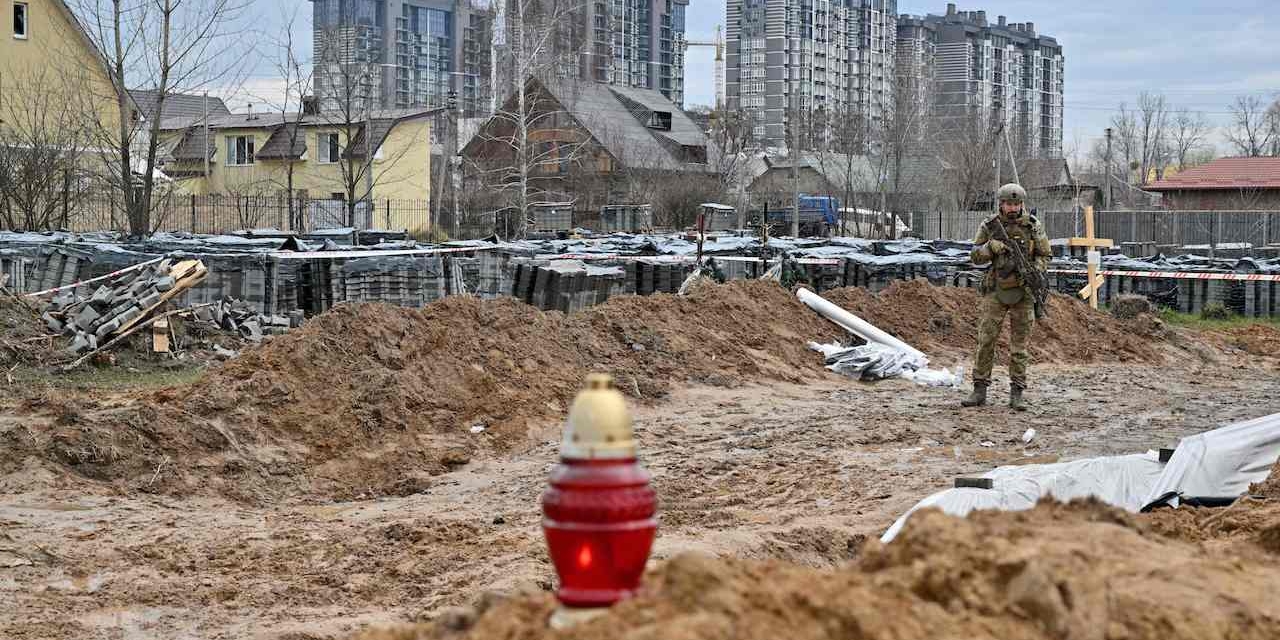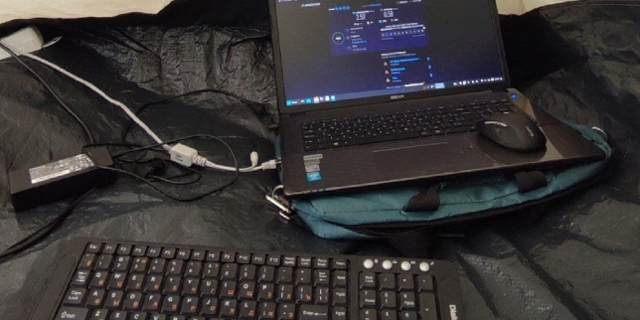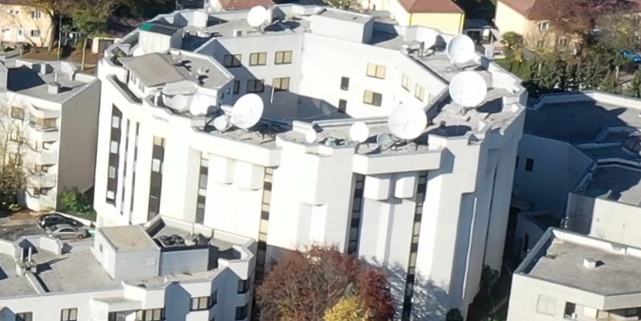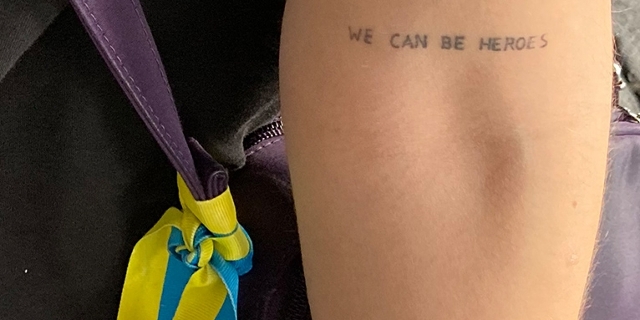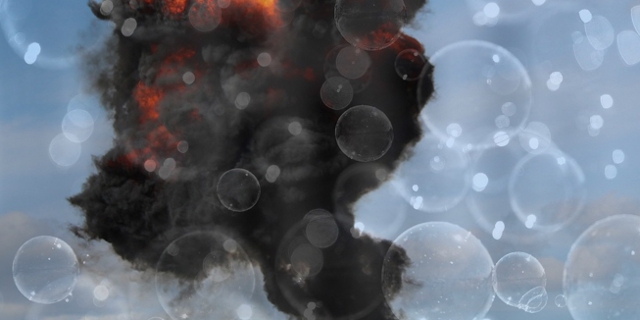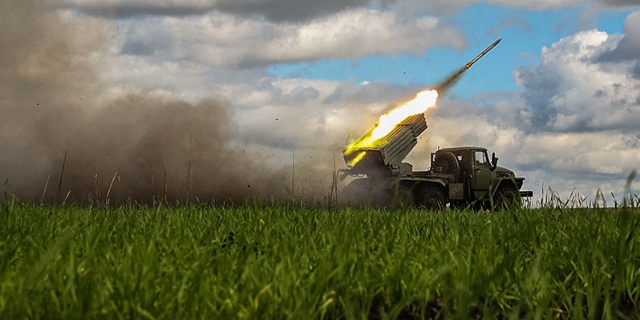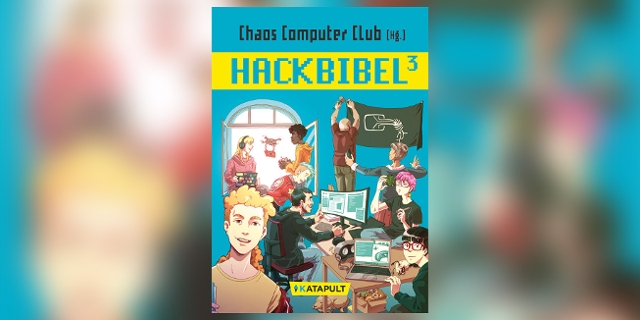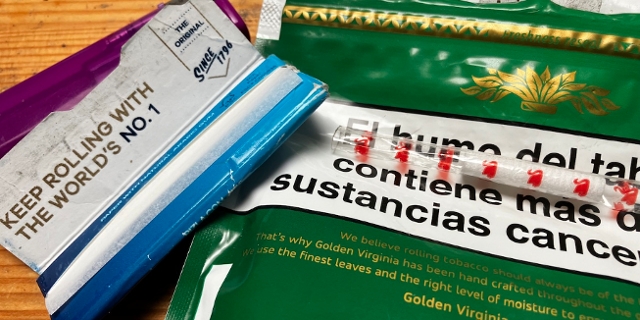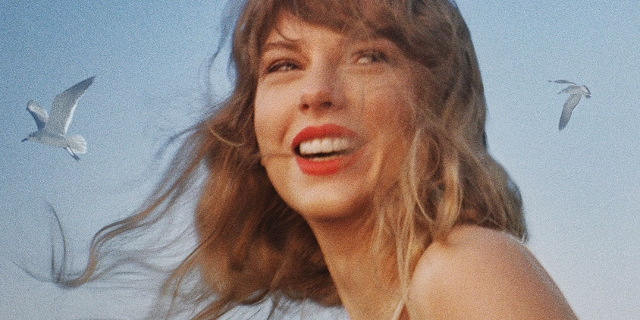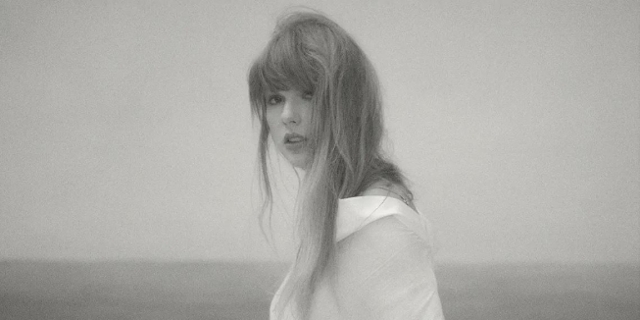Oleksandr Popenko, 28: Ein Filmemacher berichtet aus Butscha
Von Daniela Prugger
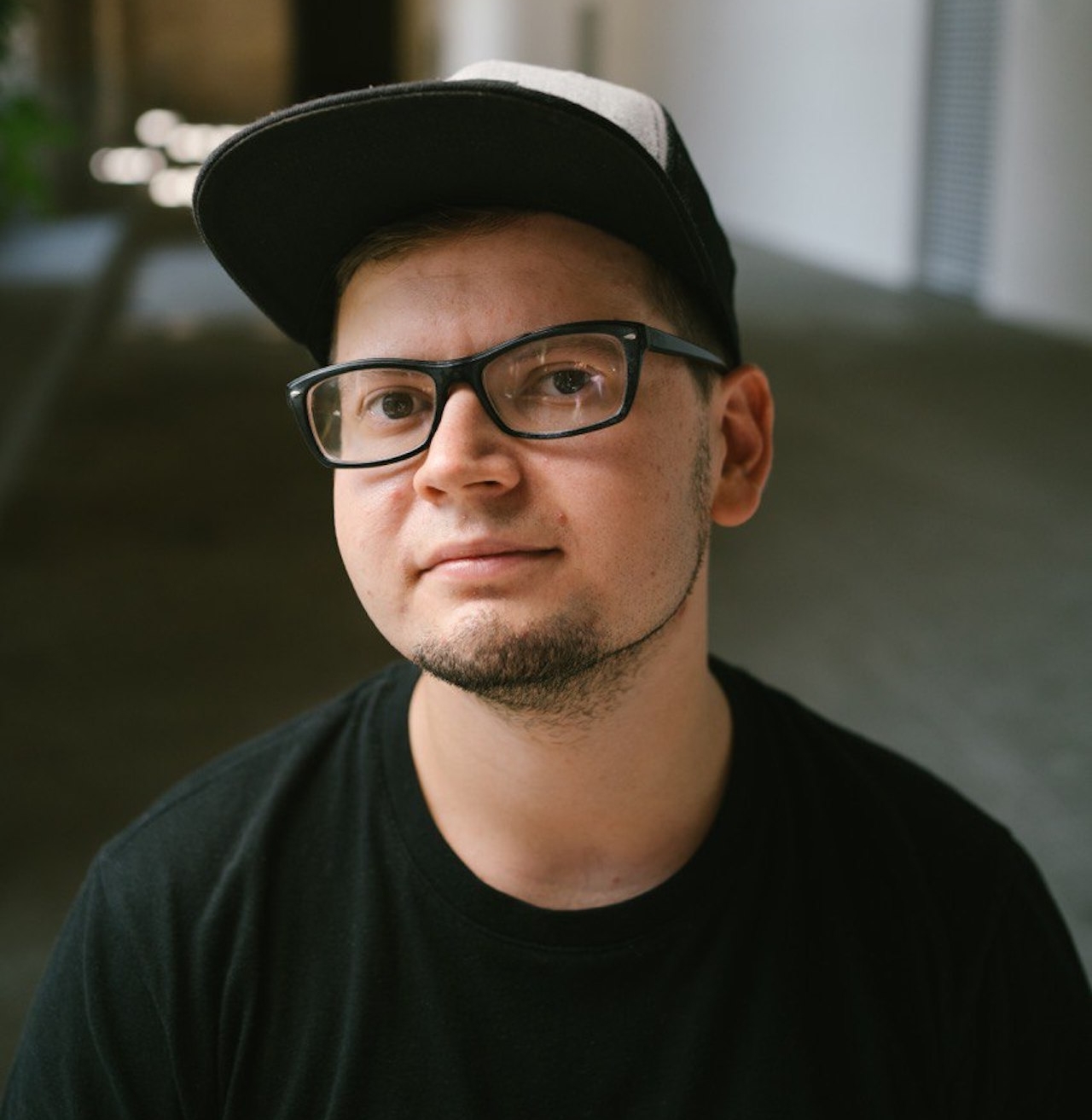
Oleksanr Popenko
Oleksandr Popenko, 28, aufgewachsen in Winnyzja, Filmemacher, Dokumentarfilmer
Oleksandr (Sascha) und ich haben uns am 23. Februar zum letzten Mal gesehen, weil wir einen TV-Beitrag in Kiew produziert haben. Wir fragten die Leute in der Stadt nach ihren Befürchtungen hinsichtlich einer möglichen bevorstehenden Invasion.
Weder Sascha noch ich haben zu diesem Zeitpunkt für möglich gehalten, dass Russland schon bald einen großangelegten Angriffskrieg starten würde. Sascha ließ sogar seine Kameraausrüstung in meiner Wohnung zurück, weil wir für den nächsten Tag Interviews geplant hatten.
Am späten Nachmittag des 23. Februar verabschiedeten wir uns und Sascha nahm den Zug zurück in seine Wohnung in einer kleinen Stadt außerhalb von Kiew, deren Namen vor ein paar Wochen nur wenige außerhalb der Ukraine gehört hatten: Butscha. Geflüchtet sind er und seine Freundin zu Fuß, nach mehr als 20 Kilometern hatten sie endlich Handyempfang und konnten eine Freundin anrufen, die sie am Rande von Kiew mit dem Auto abholte.
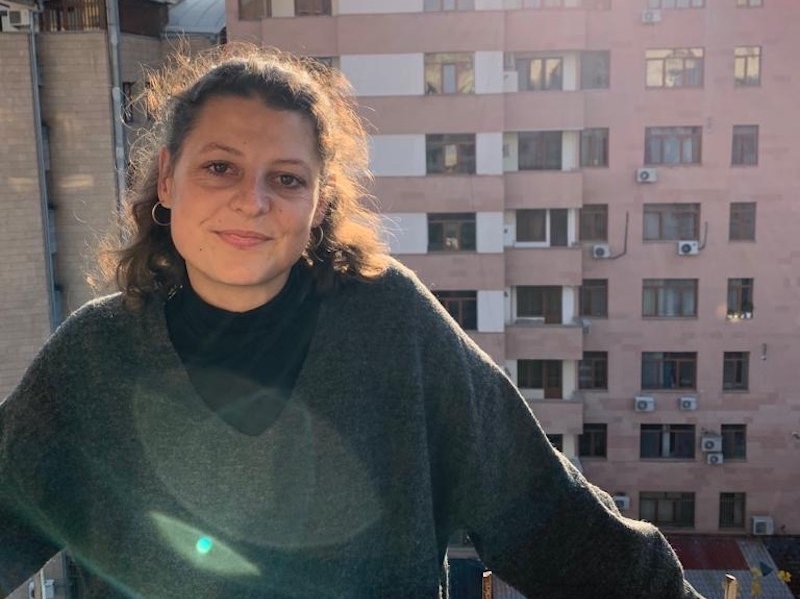
Daniela Prugger
Drei Jahre hat FM4-Korrespondentin Daniela Prugger in Kiew gelebt, bis zum russischen Überfall auf die Ukraine. Momentan ist sie in Krakau und berichtet von dort über die Situation der Geflüchteten. Sie ruft für uns bei ihren Freund*innen in der Ukraine an.
Daniela Prugger: You told me that you missed the opportunity to leave Bucha on the first day of the war. Please tell us what happened.
Oleksandr Popenko: I actually missed the start of the war. I got up at 9:30 and all the roads were stuck with traffic jams and I couldn’t understand what’s going on because we heard artillery, we heard military planes. And so actually we were a bit shocked and we just didn’t understand if it was safe to leave or not.
Daniela Prugger: Did you try to leave after that first day?
Oleksandr Popenko: Yes, we tried several times. All those attempts were unsuccessful. Unfortunately, I don’t have any driver’s licence, nor a car, and I moved to Bucha just a few months before the start of the war, so we didn’t even have friends around us.
Daniela Prugger: So you were in Bucha for more than two weeks and you had no internet connection and you knew that eventually you and your girlfriend would run out of food and water. How did you survive this time?
Oleksandr Popenko: We lived in the basement of a kindergarten a few blocks away from the building where our flat is. And we had some food that we had bought before, but at the end of our stay in there, it was too dangerous there - because on the 3rd of March, Russian soldiers entered our district, they put down all the power supplies and shut down the water tower. They turned down the mobile internet and they robbed all the shops around us. Everyone who was going around the streets was really quite afraid doing that because we knew that during those times they were entering flats, they were entering private buildings. They stopped people in the streets. Luckily they didn’t enter our basement, but we know that they entered other basements to to check if there were any Ukrainian soldiers hiding there. We were really happy when it started snowing because we just gathered some melted snow to have water supplies.
Daniela Prugger: On the 11th of March, Russian soldiers announced that they had occupied Bucha. You were able to leave just a day before that. What exactly did you see when you left Butcher?
Oleksandr Popenko: This day was the only day when we really saw something except the basement in the area a few blocks from it. But on our way, we saw lots of destroyed cars. Some of the cars had paper signs, children on them. They were shot. They were blown up, some of them were burned down. Thankfully, we didn’t see bodies inside those cars. But just to be clear, that was still the period when people tried and managed somehow to hide the bodies and to bury them.
Daniela Prugger: What was your reaction when you first saw the news and the pictures of the massacre?
Oleksandr Popenko: It’s always hard to say, but unfortunately, I was not shocked because all that we saw that we heard and all that we witnessed in Bucha. We luckily didn’t see that massacre, but we had lots of testimonies of people who were around us who were telling stories about their neighbours, about their friends, about people who they knew in person. So for me it was no surprise.
Daniela Prugger: How do you see this war at this point? Because we were working together right before the war started, right before Russia attacked Ukraine, and we were talking about how we didn’t think this would happen.
Oleksandr Popenko: I see that Bucha is just one of the first liberated places, and unfortunately, all those war crimes which we have seen in Bucha are just one piece of the puzzle. And there are still cities which are being attacked and which are being bombed every day, such as Mariupol. And I think that at the moment, when we will see the full picture from those places, it will be much more horrible than Bucha. It’s painful to say that, but unfortunately I think it’s true.
Publiziert am 15.04.2022







